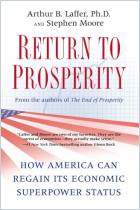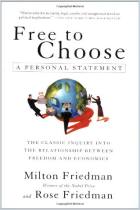Únase a getAbstract para acceder al resumen.

Únase a getAbstract para acceder al resumen.
Scott Hodge
Taxocracy
What You Don't Know About Taxes and How They Rule Your Daily Life
Post Hill, 2024
¿De qué se trata?
Politically driven tax policies shape economies and behavior — and lead to unintended consequences.
Recommendation
What if the tax code was designed not to serve citizens, but to manipulate them? Tax expert Scott Hodge delves into the hidden forces behind complex, politically motivated tax policies that shape economies and everyday decisions. With a critical eye, Hodge examines how these policies, far from being neutral, are often crafted to push social agendas, subsidize favored industries, or control individual behavior. Through in-depth analysis and real-world examples, he reveals the unintended consequences that arise when tax policy becomes a tool of influence rather than a simple revenue system.
Summary
About the Author
Scott Hodge is the president emeritus and senior policy adviser of the Tax Foundation.



















Comment on this summary